Women have historically been excluded from various realms of society, with limited access to participation, digital access, and basic services due to a plethora of socio-normative and economic constraints.1 Similar groups constitute large parts of the global population that remain underserved. With such a significant population being excluded, countries are often unable to achieve meaningful growth and development.2 Despite the promises of digital technology, women continue to be excluded from being participants and contributors to their economies.
Exclusionary or poorly implemented systems have a significant impact on women’s ability to avail opportunities or basic services. In addition to impacting national development, such marginalisation has severe implications at a global level too – derailing development targets3 and limiting the ability of countries to achieve their Sustainable Development Goals (SDGs).
New digital pathways present opportunities to address these exclusions and social harms, towards a more equitable ecosystem. In addition to building population scale technology - governments, developers, and other stakeholders need to work collaboratively to address existing barriers in a holistic manner. Gender inclusion requires a structural shift, beginning with the design, thinking, and approach embedded within these systems. Addressing these concerns is no longer an aspiration, but a necessity.
Digital IDs can help bolster women’s access and inclusion
Governments world-over are leveraging Digital Public Infrastructures (DPI) as a means to serve their citizenry better, and hope to strengthen the relationship between citizen and state. State actors are gradually realising the developmental and societal gains4 that such critical infrastructure can provide. With complex albeit essential systems relying on an ecosystem approach, digital IDs are quickly shaping the foundational layer that help facilitate economic upliftment, financial inclusion, and service access.
To truly leverage the potential of transformative systems, digital IDs should serve as an equalising mechanism – to address gender inclusion and systemic empowerment. Effective implementation of digital ID systems have unlocked benefits for various countries. Leveraging digital ID systems can provide better access to welfare, healthcare, financial services, economic opportunities, and societal schemes – simultaneously reducing costs and efforts for citizens, operators, and the state alike. Digital ID systems consists of both the technological layers, and non-technological layers that determine how humans interact with such systems. To holistically strengthen the system, it is essential for the challenges and opportunity areas of both these layers to be addressed in conjunction.
Gender inclusive digital ID has the potential to provide more meaningful access for women to avail financial services, social protection, benefits, and participate in their political economies.5 Various platforms have created more gender inclusive interfaces by adopting methodologies that have benefitted both women and other digitally marginalised groups.6 These improvements have compounded benefits7 - for other marginalised groups and can carve pathways for more equitable access. Such design and thinking could strengthen women's participation and have a positive impact on the ecosystem at large.8
Studying global challenges could improve how women use digital ID
To explore pathways to gender inclusive systems, Aapti Institute and The Modular Open Source Identity Platform (MOSIP) have undertaken a study to help identify the various challenges that women face when interacting with the non-technological layers of digital ID systems. The study aims to identify these barriers and collate practices - by leveraging the enablers observed in various countries with digital ID systems. It also relies on learnings from other digital critical infrastructure that enable such gender empowerment. This research hopes to meaningfully inform existing digital ID systems, as well as countries, that are hoping to build similar digital systems.
The study unpacks the need for gender inclusive thinking and design when developing and deploying digital ID systems, with a focus on the deployment phase. The study leverages doctrinal research in addition to qualitative primary research to help conceptualise an Awareness, Access, and Usage (A2U) framework. For this, various digital ID systems are being analysed: the Ethiopian digital ID (Fayda ID), and the Philippines’ digital ID (PhilSys ID), which hope to inform other systems. The resultant analysis and findings from this research will be consolidated as a toolkit and shared with a global audience.
In addition to context-specific challenges that emerge in various geographies, the research has identified cross cutting challenges that impact women’s interactions: (i) access and availability of relevant information around digital ID systems, (ii) resource and logistical constraints, (iii) the interference of socio-normative practices and norms, (iv) the lack of intermediaries, (v) missing grievance redressal mechanisms, and (vi) existing biases within the system. These reduce women’s willingness and ability to engage with such critical infrastructure and stunt women’s participation. Typically, these challenges hinder women’s awareness of such systems, their access to such systems, and their usage of such critical infrastructure.
Leveraging strategic enablers to strengthen gender inclusivity in digital systems
Building hospitable and secure registration centres, incorporating responsible consent mechanisms, recognition of the local and offline intermediaries, easing and securing the registration process experience, and leveraging hyperlocal champions of change, to name a few, are enablers that have been observed through primary research. Consolidating these enablers into an accessible format could inform and strengthen relevant global digital systems.
Through an initiative that convenes key community based entities and researchers, a growing ‘Community of Practice’ will serve as a reflexive feedback mechanism, informing digital ID developers and relevant research in an evolving ecosystem. These virtual convenings, anchored by the research team, hope to inform and meaningfully layer context-specific challenges and best practices for collaborative research outputs and embedded ecosystem thinking.
As an integral interaction point for citizen centric service provision, digital ID systems are uniquely placed to create pivotal, equalising, and systemic impact – only if built with inclusionary practices at its core. This research hopes to uncover the barriers and enablers in place, and the impact that they can have. Findings from the research will be shared with a global audience and will articulate the benefits of incorporating gender inclusive practices that help unlock myriad societal and development goals. Adopting gender inclusive thinking could transform digital systems, strengthen women’s participation, and expedite economic growth.
References
1. OECD, Bridging the Digital Gender Divide, 2018,
Link 2. World Bank Blogs, Progress without women is not possible, Sakho, Caruso, Acuna, 2020, Link 3. David and Phillips, The gender digital gap: shifting the theoretical focus to systems analysis and feedback loops, 2022, Link 4. ibid
5. The World Bank, Identity and Targeting for Social Protection Project, 2017, Link 6. The GenderMag Framework. Oregon State University, 2020, Link 7. J-Pal, Can digital technology help create a more gender-equal society?, Malaza and Parekh, 2020, Link 8. Bridging the Digital Gender Divide, 2018, OECD, Link



